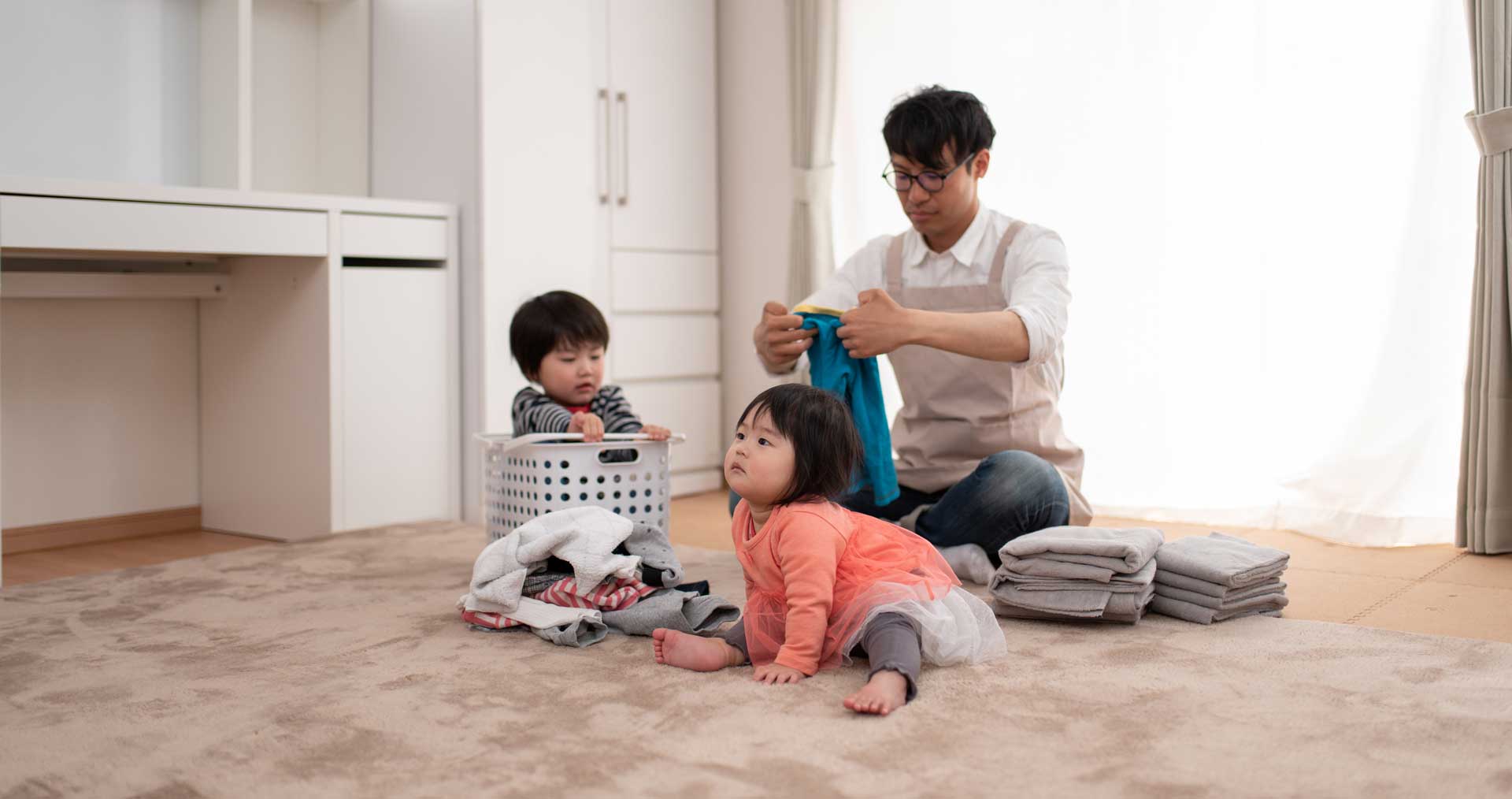The Value of Challenging Gender Stereotypes at Home

We explore how supporting gender equality benefits children and adults alike
Research from Fawcett Society, Cardiff University and more has shown that, from a very young age, children often receive implicit messages about what they can or can’t /should or shouldn’t do based on their gender. The issue with stereotyping so early is that it can place restrictions on the development of interests, skills, hobbies and behaviours, which can impact on their long-term aspirations and personal goals.
According to Parentzone Scotland, gender stereotypes can affect:
- The toys and games a child chooses and therefore the skills they develop
- How children learn to express emotion
- How a child feels about the way they look and how important this is to them
- Whether a child feels they want to work hard at school
- How a child feels about sport
- What kinds of jobs a young person considers
- How confident a child feels with computers and technology
- How confident a child feels in their academic ability
This isn’t to say that parents should completely reject toys such as pink LEGO Friends or racing cars. The point is to be aware of not imposing limits, and to encourage children to explore the full range of choice when it comes to toys and interests.
Encouraging choice in the early years means that children are less likely to drop subjects that interest them simply because of peer pressure, or because ‘girls/boys don’t do that’. Challenging stereotypes in the home provides children with positive role models whilst helping them to develop confidence and acquire skills in a wider range of areas.
Language and Communication
Children’s charity Zero Tolerance asks adults to think about how they speak to children and suggests reframing the language to promote equality:
- Encourage sharing and co-operative behaviour with other children
- Allow boys to cry, ask them what’s wrong and help them to express their emotions
- Allow children to play with the toys they enjoy, and to dress up as characters of the opposite sex to themselves. Don’t assume that girls will want to dress as princesses or boys as pirates
- Praise girls for their efforts and achievements, rather than only on their appearance
- Help both boys and girls to celebrate their appearance as something that makes them unique – not something that defines their value
- Encourage all children to think about things that they have in common with each other and what makes them different, going beyond their gender.
It also helps to challenge gender stereotypical language you hear children using. For example, if a boy is being called a ‘girl’ as insult, explain that boys and girls are of equal worth and importance. If a child says that a certain activity or toy ‘isn’t for boys/girls’, ask them why they think that is. Children are still learning, so remember to make it a discussion and not a criticism.
Gendered Roles
Examine how the roles that adults in your child’s life play may impact their beliefs about gender. Female relatives might be the ones who normally comfort them when they are sad, but this doesn’t mean that male members of the family can’t do it, or shouldn’t. Ask your child if they think of certain tasks as a ‘woman’s job’ or a ‘man’s job’. See if you can change those assumptions by altering the roles you and those in your household take on.
Similarly, think about the tasks you ask your children to do that might be based on gender stereotypes, especially with older children. While your daughter might be adamantly uninterested in sports or getting dirty, being able to change a lightbulb or put up a picture is a useful life skill for anyone. The same goes for cooking, cleaning and consoling people. If you wouldn’t ask your son to listen to a friend and help to cheer them up, why? Compassion can be taught from a young age and helps prevent an unequal emotional burden for girls later on in life.
Combatting gender stereotypes is a big ask and it won’t happen overnight. However, small changes made today will help keep the doors of opportunity open for everyone, regardless of their gender.





